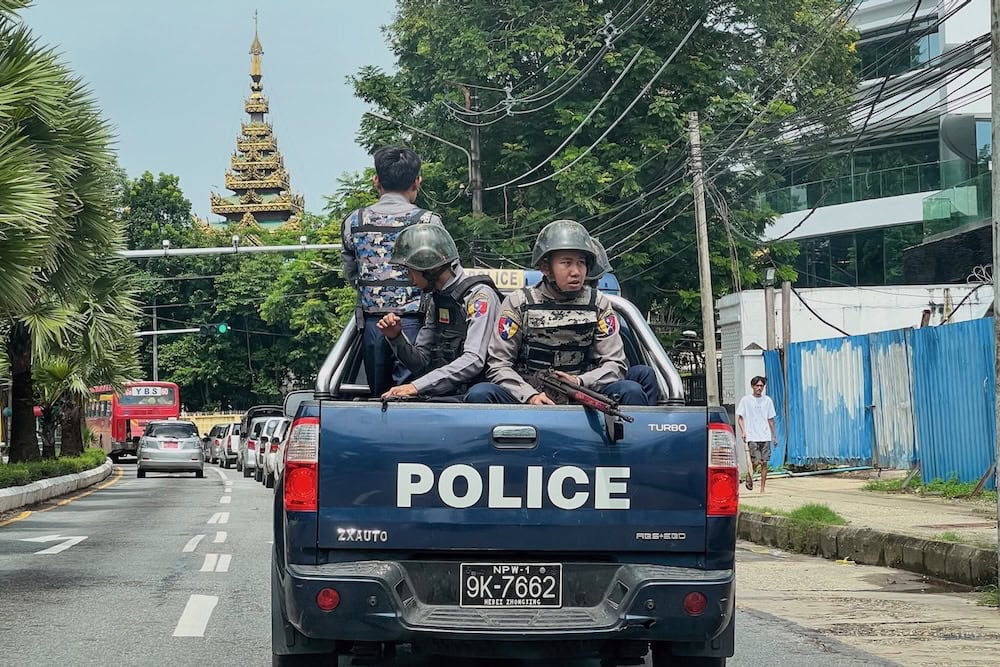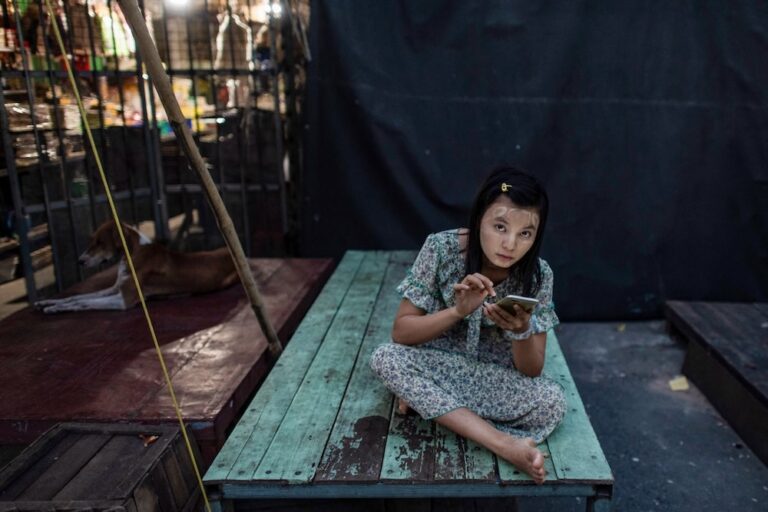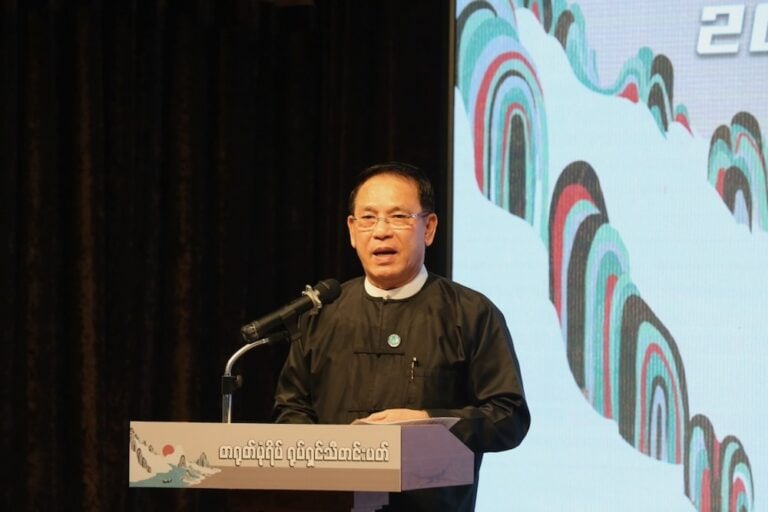Mizzima said media groups will focus on the urgent need to underscore access to information as a cornerstone of a free and democratic society.
This statement was originally published on eng.mizzima.com on 28 September 2024.
Woe betide a Myanmar citizen caught by police with a link to a Myanmar story from independent media on their phone. That could well spell arrest, torture and a jail term.
Today, there is no doubt that Myanmar’s military junta is trying to run a “Big Brother” state that the late George Orwell warned about in his famous novel, “1984”.
As the global community marks the International Day for Universal Access to Information (IDUAI) on 28 September, this occasion serves as a reminder for all press freedom stakeholders to reaffirm their commitment to upholding the right to access information – access that is being gradually eroded around the world.
While this is only the fourth time IDUAI will be commemorated in Myanmar, its significance cannot be overstated given the ongoing challenges related to freedom of expression and access to information amid the country’s escalating political crisis following the 2021 military coup.
The global theme for 2024, “Mainstreaming Access to Information and Participation in the Public Sector,” is relevant to the ongoing fight for freedom, democracy and human rights in Myanmar as the junta tightens the screws and plays games with a call for the resistance to stop fighting and approach the negotiating table. The junta’s surprise “offer” came on 26 September.
Myanmar citizens recognize how tricky access to information and the media is. “Free and fair” news and information is crucially important for an active citizenry. But ever since the coup, freedom of expression and access to information have been stamped on – at least the freedom and ideas that the junta wants to restrict.
The authorities have deliberately targeted independent media and journalists, while allowing “approved” media outlets – particularly those owned by junta-connected cronies – to operate but with an eye to self-censorship and toeing the “party line”. Dozens of independent media houses operating in Myanmar were forced to close down operations – most of them fleeing into exile. Many journalists and media people were arrested, tortured and jailed. A number were killed in pursuit of their profession.
The junta has targeted those seeking to obtain impartial news and information on their smartphones, particularly through social media. There have been clampdowns on the internet, the use of VPNs or Virtual Private Networks, and regular police checks of phones. On occasions, the junta has cut off telecom networks, shutting down a telephone line whenever they want to lock down information in their target state or region. For example, when the war became intense in northern Rakhine State at the end of 2023, phone lines became hard to use. This weakness of communication led local people to face many challenges regarding information on basic needs, prices, weather information, health, and transportation.
Little surprise then that US-based Freedom House ranks Myanmar poorly when it comes to freedom of expression and information. Hundreds of people have been arrested and prosecuted for speech-related offenses under the revised legal code, with most cases involving comments made online – hundreds of others have been forced into hiding or exile to avoid arrest. In May 2023, rapper Byu Har was arrested after releasing a song on social media that was critical of the junta. In August, he received a 20-year prison sentence.
Despite sanctions and international damnation, the Myanmar military junta appears to be stepping up its restrictions and repression. Members of the public have to be careful if they seek to access “free” information from independent media and NGOs. And journalists operating undercover in the country have to be extremely careful with their communications.
UNESCO says the universal right to information is essential for societies to function democratically and for the well-being of each individual. Freedom of information or the right to information is an integral part of the fundamental right to freedom of expression. It is established as a right in Article 19 of the Universal Declaration of Human Rights (1948), which stipulates that the fundamental right to freedom of expression encompasses the freedom “to seek, receive and impart information and ideas through any media and regardless of frontiers”.
Given the current difficulties and considering the restrictions on engagement with the military authorities in Myanmar, this year’s commemoration in the country will deviate from the global theme to focus on the urgent need to underscore access to information as a cornerstone of a free and democratic society. The event holds meaning as Myanmar continues to experience increasing media repression and a clamp down on people speaking their mind.
The International Day for Universal Access to Information is an important reminder of the crucial role access to reliable information plays in these difficult times for Myanmar in terms of supporting the damaged democratic process and upholding human rights.



